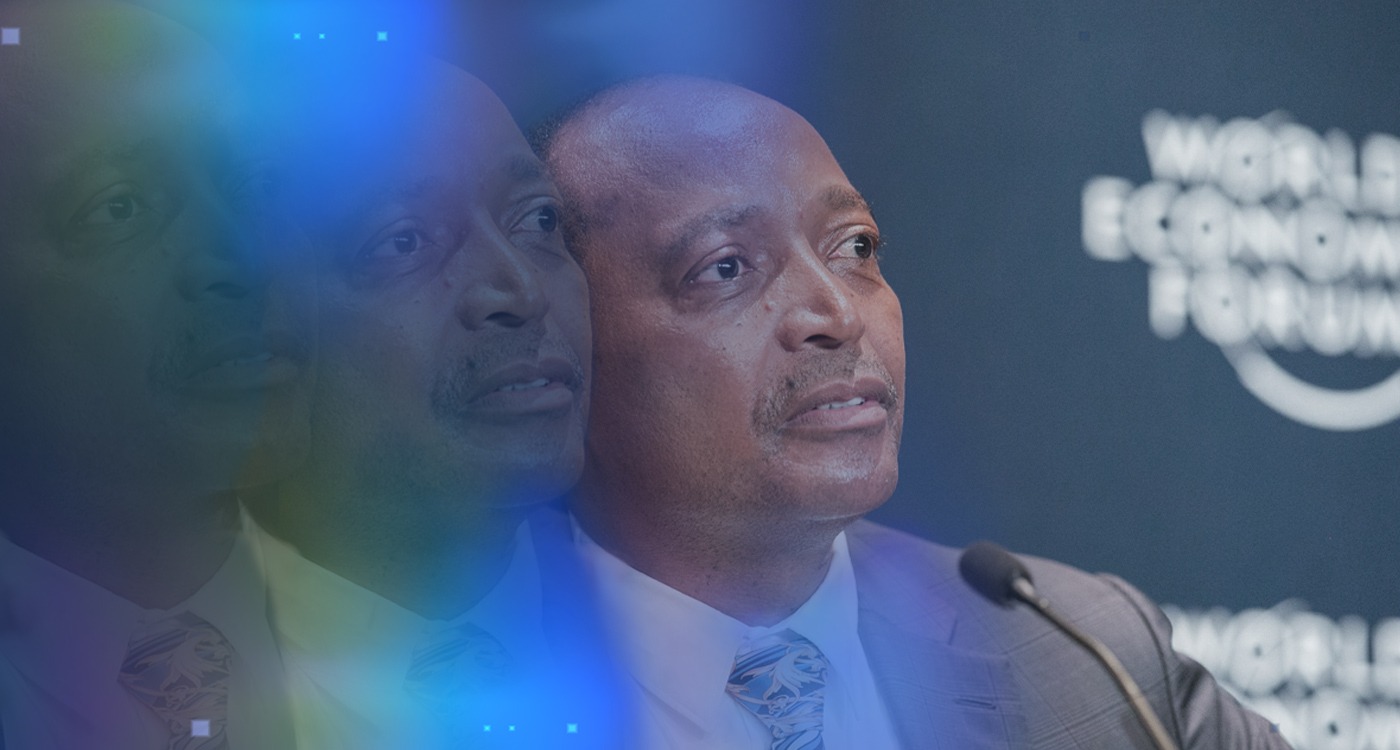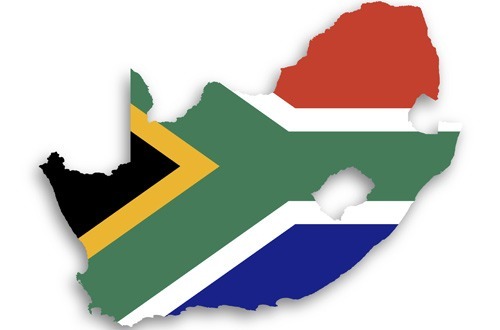The City of Cape Town, via its enterprise and investment department under the directorate of the mayor, has facilitated R2.67 billion worth of investment which has resulted in 6236 direct jobs created for the people of Cape Town in the past financial year (July 2016 – June 2017), the city said on Sunday.
“The achievement of R2.67 billion worth of investments, 6236 direct jobs created, and 2052 people who received training comes against the City of Cape Town internal targets of R2.5 billion worth of investment, 5000 jobs, and 800 training initiatives respectively,” mayor Patricia de Lille said.
The enterprise and investment department, through collaboration with its partners, facilitated the training of 2052 people in various skills development programs, she said.
The city managed to attract the investments and skills training via its partnership with the special purpose vehicles (SPVs) and the Western Cape Destination Marketing, Investment, and Trade Promotion Agency (Wesgro).
SPVs were established to fulfil mandates in line with the Western Cape government and city objectives of investment facilitation, industry development, job creation, and economic growth; while Wesgro was established by the Western Cape government in collaboration with the city to develop and grow priority sectors in Cape Town.
The SPVs supported by the city included business processes enabling South Africa WC, GreenCape, Cape Information and Technology Initiative, The Cape Craft and Design Institute, Cape Town Fashion Council, and the Western Cape Clothing and Textile Service Centre, De Lille said.
The city, for the past financial year, contributed R21.8 million in funding to the organisations to use to facilitate investment and industry development through sector-specific interventions. These sector-specific interventions were intended to enhance sustainable growth and competitiveness in identified sectors that contributed to the city’s economy.
The investments were facilitated in business process out-sourcing, manufacturing, ICT, real-estate development, and infrastructure. The source countries for these investments included the United Kingdom, Australia, The Netherlands, France, and the Middle East, as well as new and expansion projects by local companies.
“These results have certainly made the city’s support to these organisations worthwhile and are in line with the organisational development and transformation plan’s priorities to position Cape Town as a globally competitive business destination and to enhance economic inclusion,” she said.
“These are massive gains for Cape Town, especially in light of the various economic setbacks that South Africa has suffered in the past months, including ratings downgrades and electricity and water challenges, among others.”
With South Africa being downgraded by various rating agencies to sub-investment grade, the city’s economy had managed to perform well in terms of investment and job creation, De Lille said. (via African News Agency)
Graça Machel Trust To Host The Women Advancing Africa Forum
The inaugural Women Advancing Africa (WAA) Forum is a new Pan-African flagship initiative launched by the Graça Machel Trust to acknowledge and celebrate the central role women play in shaping Africa’s development agenda and by driving social and economic transformation. The Forum will take place from 9-12 August in Dar-es-Salaam, Tanzania at the Hyatt Kilimanjaro.
Mrs. Graça Machel says, “Africa has experienced tremendous development in the last few decades, however a significant gap in the economic advancement of women remains a huge challenge.
Africa is in a second liberation era – the economic liberation. Women can no longer be secondary or marginal, and through Women Advancing Africa the Trust wants to enable women to take centre stage in the economic advancement of Africa. The Trust is establishing a platform for women to claim their right to sit at the table where the decisions are made and to shape the policies, plans and strategies for our futures and those of the generations to come.”
The Trust is honoured to have H.E. Samia Suluhu Hassan, Vice-President of the United Republic of Tanzania and member of the UN Secretary-General’s High-Level Panel on Women’s Economic Empowerment join the WAA Forum to share her insights on issues that will be discussed over the four days. The Forum will consist of interactive sessions organised around three core pillars: Financial Inclusion, Market Access and Social Change.
Inter-generational and inter-sectoral mix of participants attending WAA Forum
With an estimated attendance of 200 participants from across the continent, the WAA Forum will play host to a diverse mix of women and youth representing thought leaders and influencers from the private sector, philanthropy, academia, civil society, government, development agencies and the media who will bring their voices, experiences and ideas to strategize, set priorities and craft a common agenda to drive Africa’s social and economic transformation.
A number of speakers from key economic sectors such as mining and extractives, agri-business, banking, telecommunications, media, healthcare, goods and services will bring their knowledge and expertise to the Forum. Notable speakers include Leymah Gbowee, the Liberian peace activist and recipient of the Nobel Peace Prize; Vera Songwe, Executive Secretary of the United Nations Economic Commission; Dr. Monique Nsanzabaganwa, Vice Governor of the National Bank of Rwanda; and Sheila Khama, Practice Manager at World Bank’s Energy and Extractive Industries Global Practice.
A series of side events will also be held alongside the WAA Forum on variety of issues including Food and Nutrition, Education and Child Marriage, Leadership and Wellness, to drive home the importance of social change as an integral part of addressing women holistically.
Brics Industry Ministers Adopt Action Plan To Deepen Industrial Co-operation
The second meeting of Brics (Brazil, Russia, India, China, South Africa) industry ministers held in Hangzhou in China has adopted a seven-point “action plan” on deepening industrial co-operation among Brics countries, the trade and industry department (dti) said on Sunday.
The action plan stated that the world economy was still in a period of profound adjustment after the international financial crisis, the dti said in a statement.
“Industrial sectors, the manufacturing sector, and the service sectors related to it in particular, have become key factors in sustaining mid- and long-term economic development. The plan also acknowledges that in recent years the new industrial revolution featuring digitalisation, networking, and intellectualisation is emerging, changing traditional production flows and business models and giving rise to new industrial forms,” the dti said.
Trade and Industry Minister Rob Davies said the action plan was intended to facilitate implementation of the consensus reached at the first meeting of Brics industry ministers held two years ago in Moscow in Russia, on expanding industrial co-operation in key areas and joint actions, and deepen the mutually beneficial and win-win co-operation in industrial fields, particularly manufacturing.
Seven points had been identified as key in the plan – strengthen industrial capacity co-operation; strengthen the co-ordination and match-making in the field of industrial policies; promote co-operation in the development of new industrial infrastructure; expand co-operation in technological development and innovation; deepen co-operation in the field of SMEs; strengthen co-operation in the standards area; and facilitate all-round co-operation with the United Nations Industrial Development Organisation (Unido). (via African News Agency)







